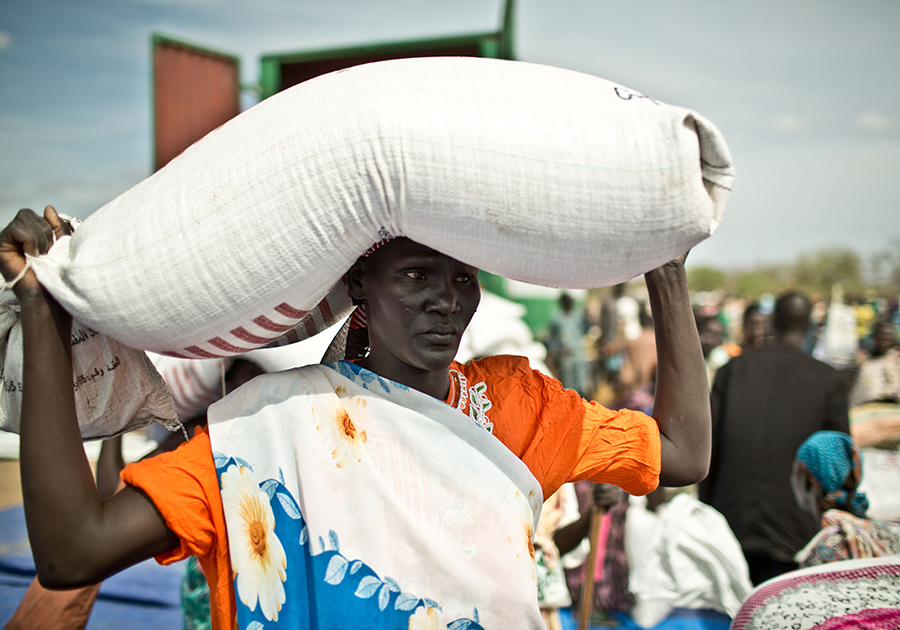The preservation of human dignity and the desire to reduce human suffering are at the core of the contemporary international order and underpin all three pillars of the multilateral system anchored in the UN. Yet never before has the world witnessed humanitarian needs on such an epic scale and in so many simultaneous crises around the world. And never before has the gap between those needs and the international community’s capacity to deliver an adequate response appeared greater than it does today.
This policy paper aims to identify the main reasons for this reality and put forth a set of ideas and recommendations as to how the multilateral system anchored in the UN can better prevent and respond to humanitarian crises in the twenty-first century.
Based on extensive consultations with representatives of states, relevant UN entities, other humanitarian actors, and civil society, this paper details recommendations laid out in the ICM’s final report, published in September 2016. To address the main contemporary challenges to humanitarian action, it recommends that the UN, its member states, donors, and civil society take action in a number of areas:
- Conflict prevention, disaster risk deduction, and compliance with international law
- Access and delivery of humanitarian responses to people in need
- Adequate, timely, effective, efficient, and sustainable humanitarian responses
For other IPI news, events, and publications about humanitarian affairs, see here.

